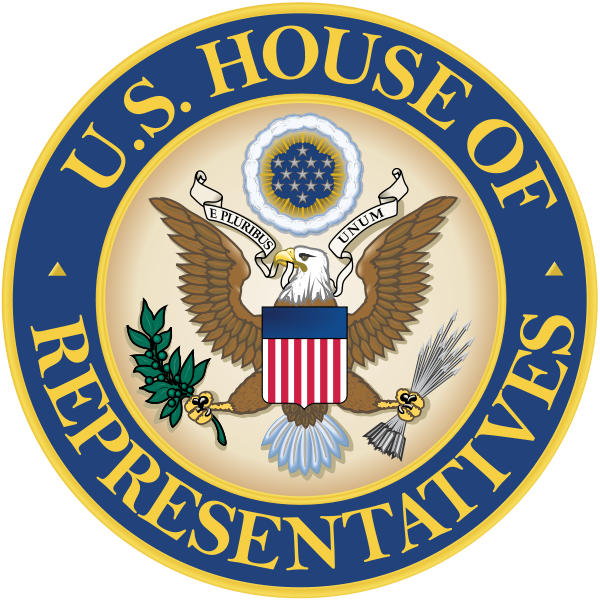Waters Introduces Bill to Reform Emergency Rental Assistance Program; Salazar to Testify

On September 7, House Financial Services Committee Chairwoman Maxine Waters (D-CA) introduced the Expediting Assistance to Renters and Landlords Act of 2021 (H.R. 5196), which would make important modifications to the Emergency Rental Assistance (ERA) program, including numerous changes NCSHA strongly supports. The bill’s goal is to remove barriers and expedite the processing of applications so ERA grantees can improve the delivery of this emergency assistance.
Oregon Housing and Community Services Director and NCSHA Vice Chair Margaret Salazar will testify on behalf of NCSHA at a House Financial Services Committee hearing on the bill on Friday. The committee intends to mark up the legislation as early as September 13.
The bill includes nearly all the recommendations NCSHA and other grantee groups have sought, as outlined in a joint letter to Chairwoman Waters sent last week. The final bill also reflects additional recommendations NCSHA has made to Financial Services Committee staff in conversations during the drafting process. Provisions in the bill of which NCSHA is particularly supportive include:
- Expanding ERA 1 eligibility criteria related to the experience of a financial hardship by aligning the statute with ERA 2. Under ERA 1, with the exception of households in which a member qualifies for unemployment benefits, households must have experienced a financial hardship due directly or indirectly to the pandemic, whereas under ERA 2, as long as the financial hardship happened during the pandemic, the household would qualify.
- Codifying that self-attestation by the tenant is sufficient for purposes of determining eligibility for ERA.
- Providing safe harbor protections to grantees so they would not be subject to liability to repay funds if a grantee provides assistance in good faith, relying on the attestation of the tenant, and later discovers the tenant did not meet the statute’s eligibility requirements.
- Allowing a landlord to apply for assistance even if they do not have the tenant’s consent, either because the tenant has not been responsive to the landlord’s outreach or because the tenant has vacated the property (as long as the landlord did not evict the tenant).
- Extending to 24 months the time period during which an individual household may receive either ERA 1 or ERA 2 assistance. Currently, households may receive ERA 1 assistance for a maximum period of 15 months, or 18 months for ERA 2.
- Permitting grantees to provide housing stability services to any low-income household even if the household does not meet the other eligibility requirements of the ERA program. While NCSHA believes this is an important step, we have encouraged the chairwoman to provide even greater flexibility so that service providers would not need to first determine eligibility before providing assistance. This is especially important when using ERA to stand up eviction diversion programs, which may end up serving households with incomes higher than 80 percent of median.
- Increasing the proportion of ERA 1 funds grantees may use for administration from 10 percent to 15 percent, the same as allowed under ERA 2, to help grantees increase the speed at which they are able to process claims while also implementing protections against fraud.
The bill also would require grantees to make payments to eligible households if the landlord or utility provider will not agree to accept direct payments. This is already required under Treasury guidance for ERA 2, and the vast majority of grantees already will make direct payments to tenants with ERA 1 as well. Further, the bill requires grantees that have obligated less than 25 percent of their ERA 1 funds as of September 30, 2021, to submit to Treasury a “performance improvement plan” explaining how the grantee will expedite the delivery of assistance and establishes mechanisms for collaboration with nonprofits and public entities for program administration.
Broadcast of Hearing
Watch the complete webcast of the hearing below. Read testimony from Salazar and the other speakers here.

